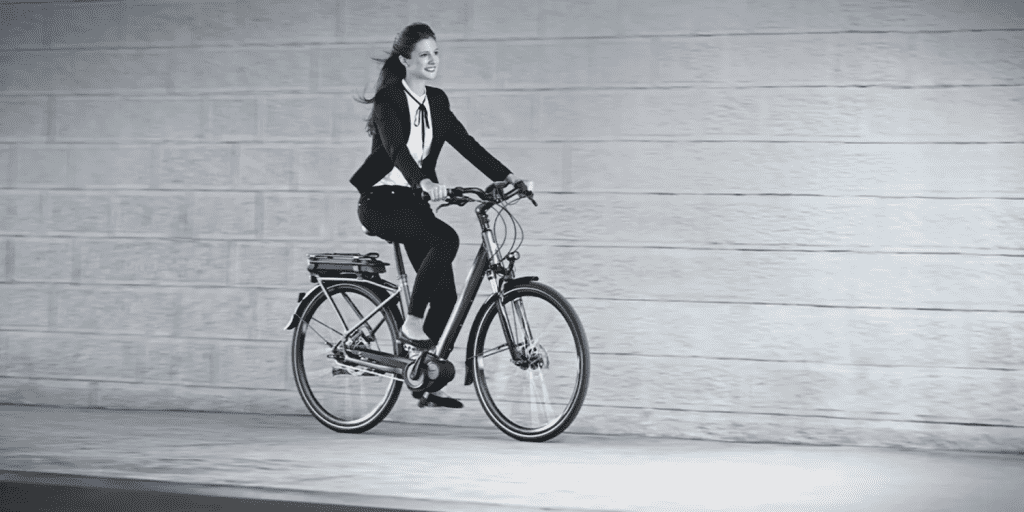France is striving to create a green and sustainable lifestyle in the country. It trying to get urban drivers to leave their cars and choose more environmentally responsible forms of transportation. In large cities like Paris, a reduction in traffic from a car to bicycles and scooters is just as important to many residents as the environmental effects.
There has been a remarkable example of an electric bicycle company that is switching from vans to cargo e-bikes to increase the number of electric bikes it could deliver each day. The company’s delivery vans were too slow in Paris traffic and switching to cargo e-bikes will help enhance deliveries by using smaller, quicker, and more efficient vehicles.
Mayor Anne Hidalgo has taken quite an active approach to make the spaces in the city more accessible to cyclists, pedestrians, and basically every form of alternative transportation.

It’s a move that is becoming more common in cities around the world as residents demand more accessible urban planning.
The concept of walkable cities that are designed to prioritize the mobility of people over cars has led to major changes across much of Europe and the US. In many cases that means repurposing car lanes and on-street parking into dedicated lanes for public transportation or bike lanes. Expanding sidewalks and pedestrian streets are also part of the plan.
Many cities are banning cars in downtown areas or introducing congestion pricing to disincentivize driving in the most crowded urban areas.
Europe has become a leader when it comes to providing government-sponsored incentives for commuters to switch to the two-wheeled vehicle as a way to discourage the use of cars in cities. Some countries have begun offering tax incentives that pay citizens to cycle to work instead of using a car.

Belgium was recently highlighted in headlines for increasing its bike-to-work incentive to €0.25 per kilometer (approximately US $0.45 per mile), according to the Light Electric Vehicle Association.
Belgium isn’t alone in offering cash in exchange for pedaling to work. The Netherlands offers nearly as much, and the UK offers even more. A mileage allowance of around USD $0.26 per mile is available to British cyclists who use their bikes to commute to work, according to the World Economic Forum.
The UK also offers a lease-to-own incentive program that rewards cyclists with discounted bikes and cycling gear.


